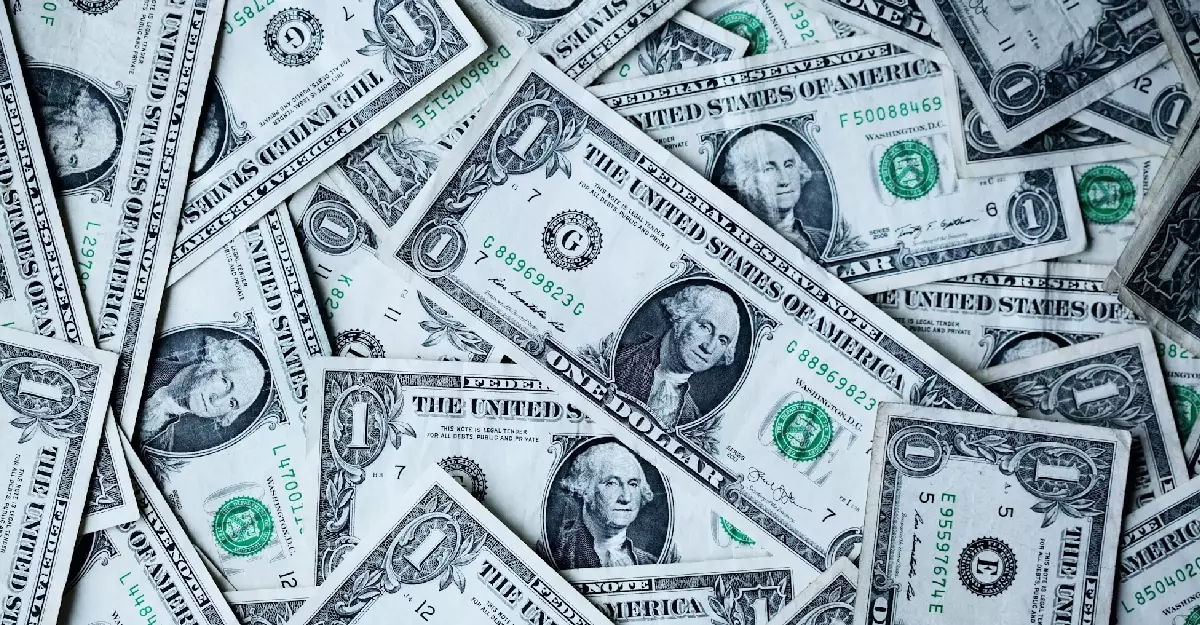In an audacious political shift, President Donald Trump has effectively dismantled what many in the crypto community deemed an overreaching regulatory framework. By signing an executive order that nullifies the proposed DeFi Broker Rule—originally introduced during the last weeks of former President Joe Biden’s administration—Trump’s actions signify a pivotal moment in the ongoing struggle between innovation and regulation. The DeFi Broker Rule was intended to enforce stringent reporting requirements on decentralized exchanges, an effort aimed at curbing tax evasion and increasing scrutiny of cryptocurrency transactions. However, its cancellation raises the question: is the pursuit of regulation stunting the growth of an industry that promises unprecedented economic transformation?
Regulation vs. Innovation
Critics of the DeFi Broker Rule argued vehemently against its implications. Notably, U.S. Representative Mike Carey contended that it did little to protect American consumers and instead imposed unnecessary compliance burdens on innovators within the crypto space. From a libertarian perspective that permeates much of the crypto ethos, regulations that infringe on privacy and complicate processes for everyday users are inherently problematic. By declaring that decentralized exchanges are not traditional brokers and thus shouldn’t be subjected to traditional reporting requirements, Trump is not just abolishing a rule; he is redefining the landscape of cryptocurrency in America.
This distinction is critical, as it brings attention to the very nature of decentralized finance (DeFi) itself. Since these platforms operate without intermediaries, imposing traditional compliance measures could suffocate nascent business models that thrive on autonomy and user-driven innovation. In the grand tapestry of economic history, periods of stagnation often correlate with excessive regulation, stifling creativity that may flourish under a lighter regulatory touch.
The Economic Stakes
With estimates suggesting that the now-cancelled reporting requirements could have brought up to $4 billion into the U.S. Treasury, it’s evident that financial interests are at play. The irony, however, lies in the fact that this supposed influx could be overshadowed by the very innovation that is needed to position the U.S. as a global leader in fintech. Critics are concerned that centering revenue generation from taxation instead of fostering an environment conducive to growth is short-sighted at best.
Look around any major tech hub in the world, and you will find that innovation flourishes best where governments adopt a wait-and-see approach, rather than one of interception. As countries like Singapore and Switzerland continue to welcome crypto businesses with open arms and relatively uncomplicated regulations, the United States risks becoming a laggard in an increasingly competitive global market. We can ask ourselves: will America lead in digital currencies and blockchain technology, or will it allow regulatory complexity to force companies to seek more welcoming shores?
Private Sector Empowerment
Trump’s proactive moves to bolster the crypto ecosystem signify a return to prioritizing the private sector’s role in shaping technological advancements. The disbanding of the National Cryptocurrency Enforcement Team, which sought to impose stringent oversight under the Biden administration, also speaks volumes. Such actions are emblematic of a broader recognition: that the cryptocurrency space is fraught with potential, but burdened by regulatory constraints that do little more than protect outdated financial structures.
Moreover, new developments such as the creation of a Crypto Task Force by Trump indicate a willingness to collaborate with industry experts in drafting pragmatic regulations that enhance innovation rather than stifle it. As Trump positions the U.S. as the world’s “crypto capital,” other governments might take note, leading to a global chess game where every move must account for both innovation and regulation.
The Future of Cryptocurrency in America
While some may view Trump’s approach as reckless, particularly given the potential for misuse in an unregulated space, it raises valid considerations about the balance between oversight and innovation. It is crucial that we ask ourselves: should we pursue overreach in the name of order, or allow freedom to spur an economic evolution? The ideological battle surrounding cryptocurrency goes beyond mere financial implications; it encompasses the very fabric of American innovation. Perhaps in this pivotal moment in crypto history, a center-left liberal framework can advocate for balanced oversight that embraces innovation while ensuring protections for users.
Trump’s latest executive order, while controversial, may ultimately represent an essential inflection point in the cryptocurrency narrative—a narrative that is as much about the future of money as it is about the American spirit of innovation and freedom.

